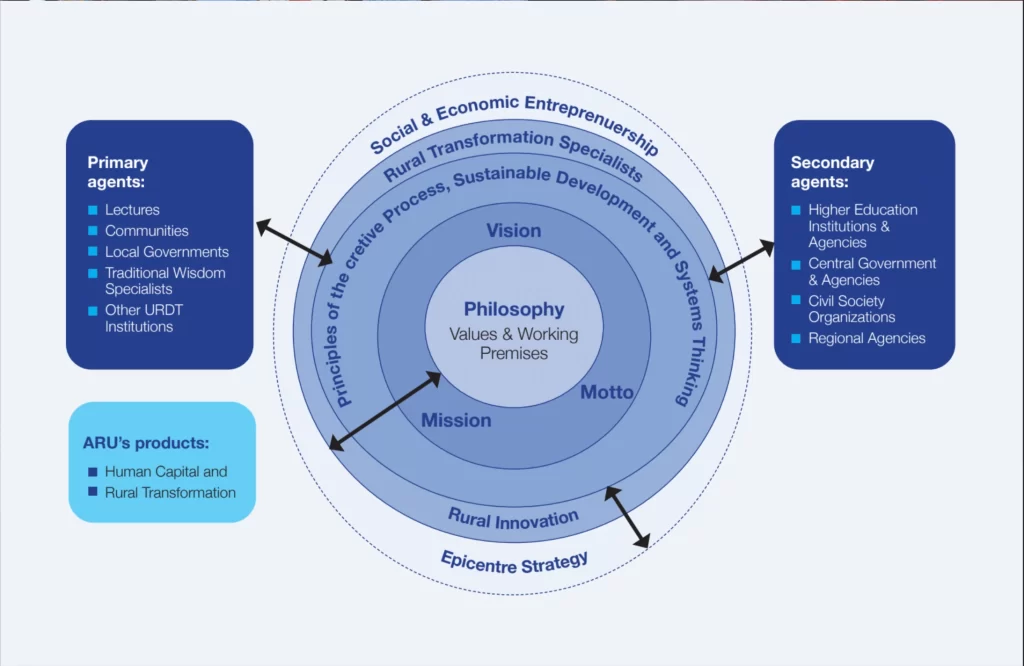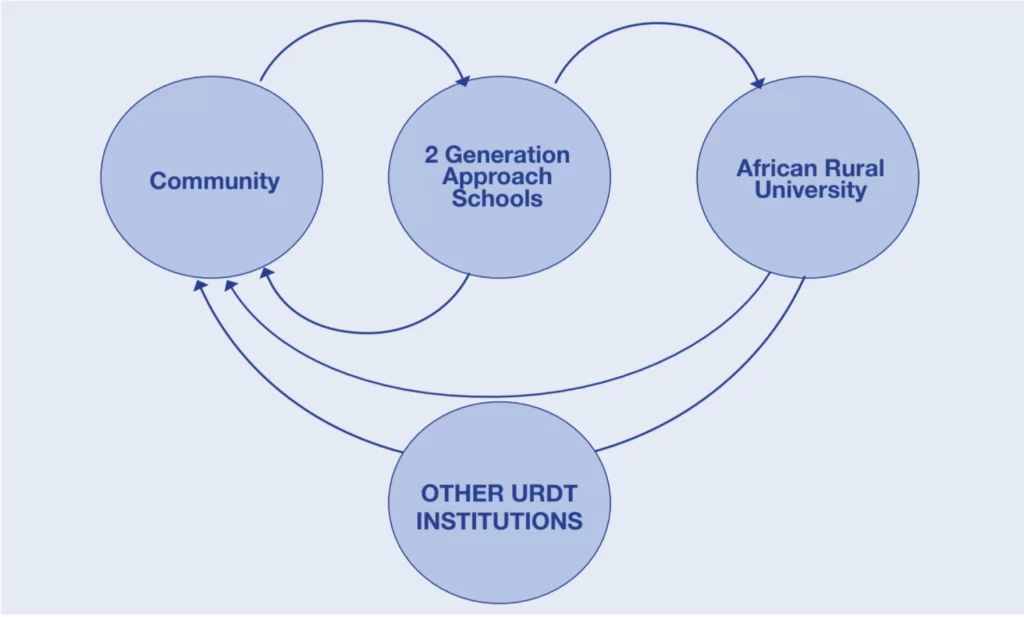Young women are developing 20 districts in Uganda
The facts below prove their impact. This progress is not told through the traditional narrative of development aid in Africa. This is a different story.
Youths skilled by our graduates in rural households
People Reached in rural households
women screened for cervical cancer
At African Rural University we are taking bold steps to create a hub of innovation and empowerment
—a Multipurpose Resource Centre that will transform the landscape of education and rural development.
OUR GRADUATES ENABLE WELL-BEING IN RURAL COMMUNITIES
Amidst Uganda’s green landscape rises the African Rural University (ARU). This all-women institution provides transformational education that empowers women to become effective change agents within rural communities of Uganda, with an educational approach that calls for a re-orientation of mindset and generating energy around visions and possibilities, rather than problem-solving.
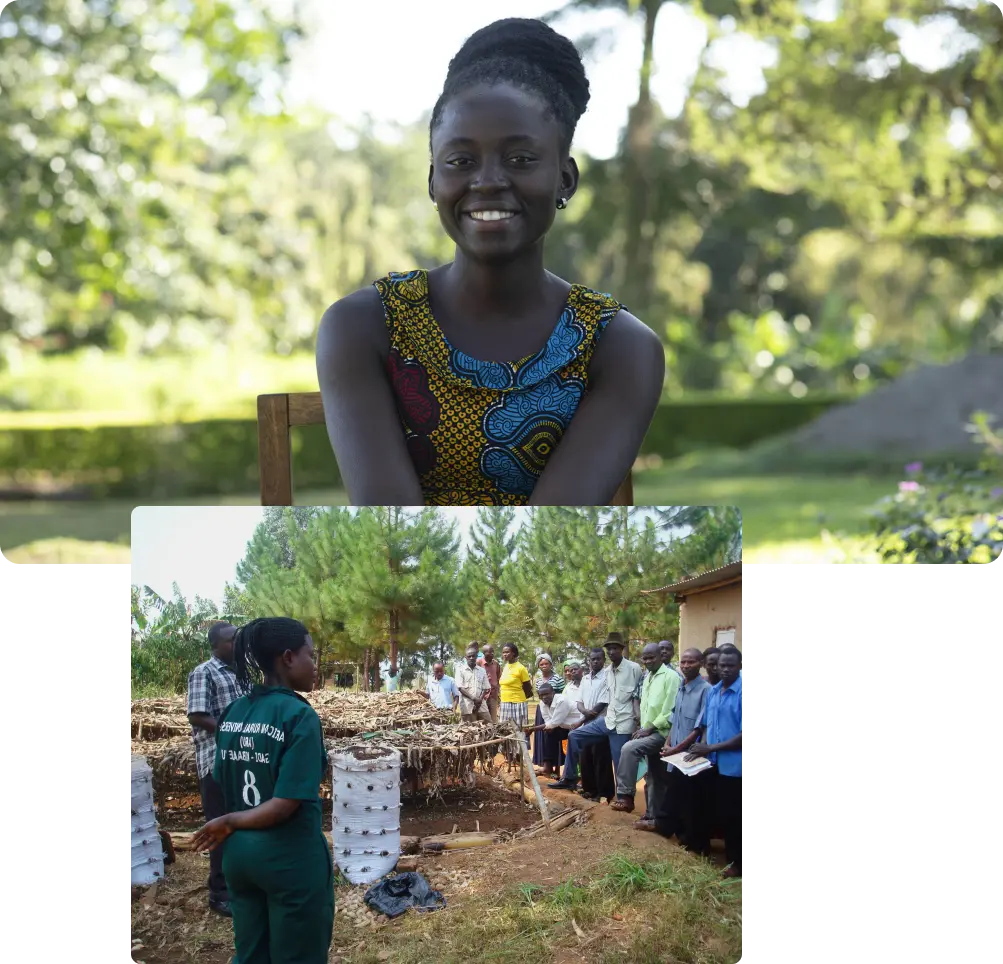
SYSTEMS CHANGE IS CORE IN OUR RURAL TRANSFORMATION MODEL
Communities are building climate resilience lifestyles and businesses that match their own values and aspirations.
WE WORK AND GROW FROM OUR AFRICAN ROOTS
Through partnerships at all levels, we learn from each other and develop a self-reliant future for the African continent. We build on our common values, natural resources, our rich history and culture. Traditional Wisdom Specialists transfer their skills and knowledge of cultural, technological and natural heritage to the next generation of leaders that ARU breeds.
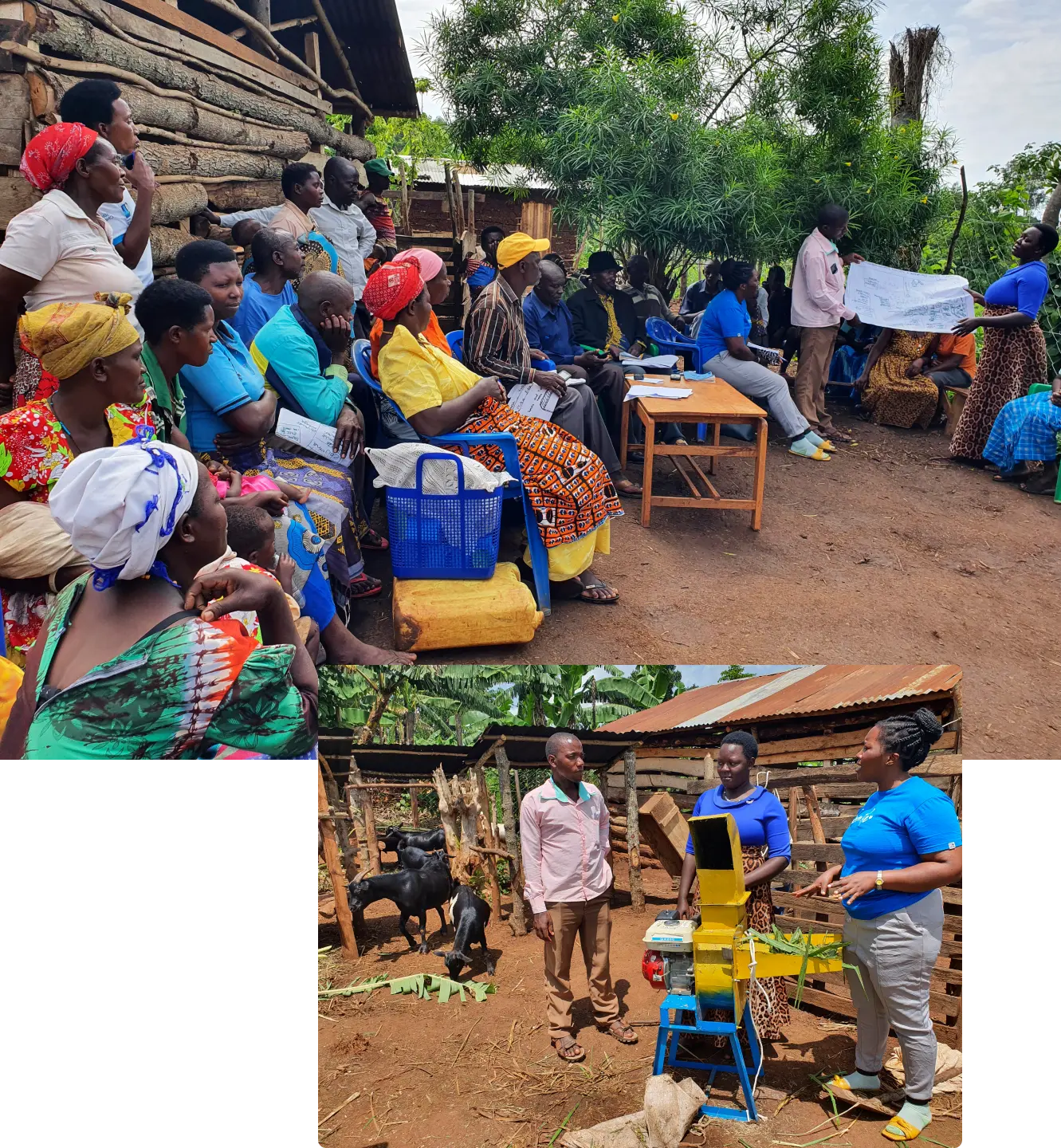
OUR GRADUATES ARE CHANGE AGENTS IN THE AFRICAN DEVELOPMENT CONTEXT
These visionary, transformational leaders set an example to what development in African countries can look like.
WE ARE BUILDING A RESOURCE CENTER OF KNOWLEDGE AND TRANSFORMATION
To keep our recognised status as a university and scale our model, we are building a resource centre. A knowledge hub where students, teachers, local communities and policy-makers can come together to learn, create partnerships and build transformative action plans.
THE CONSTRUCTION IS IN PROGRESS. THIS IS WHAT IT WILL LOOK LIKE:
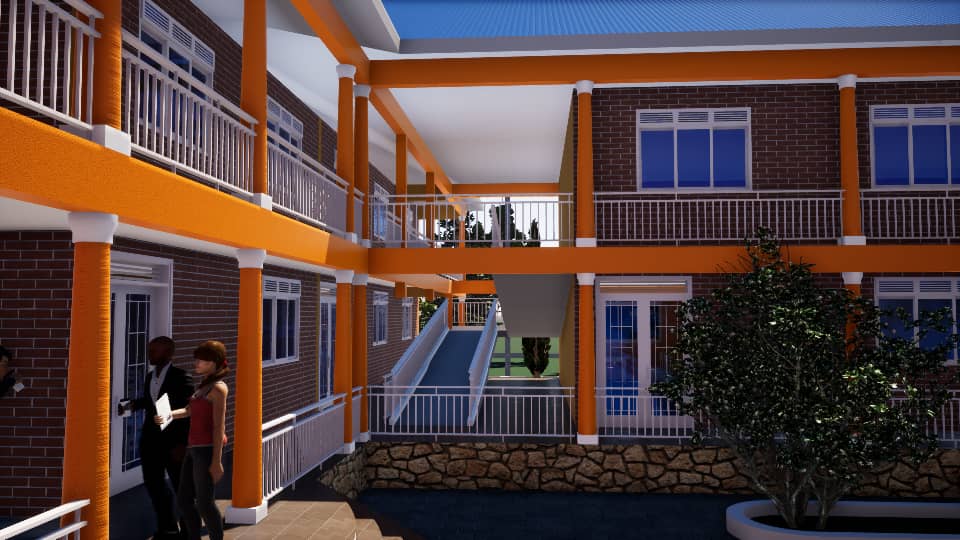
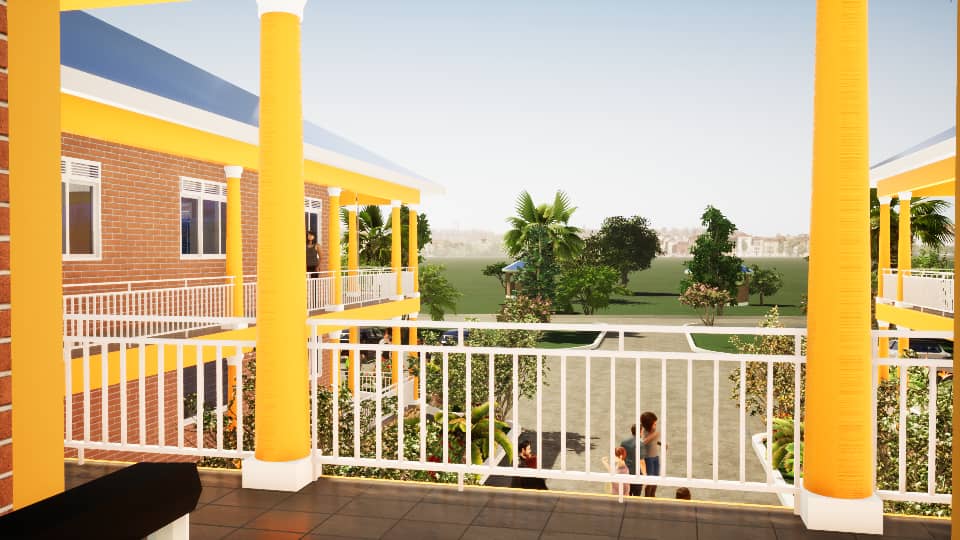
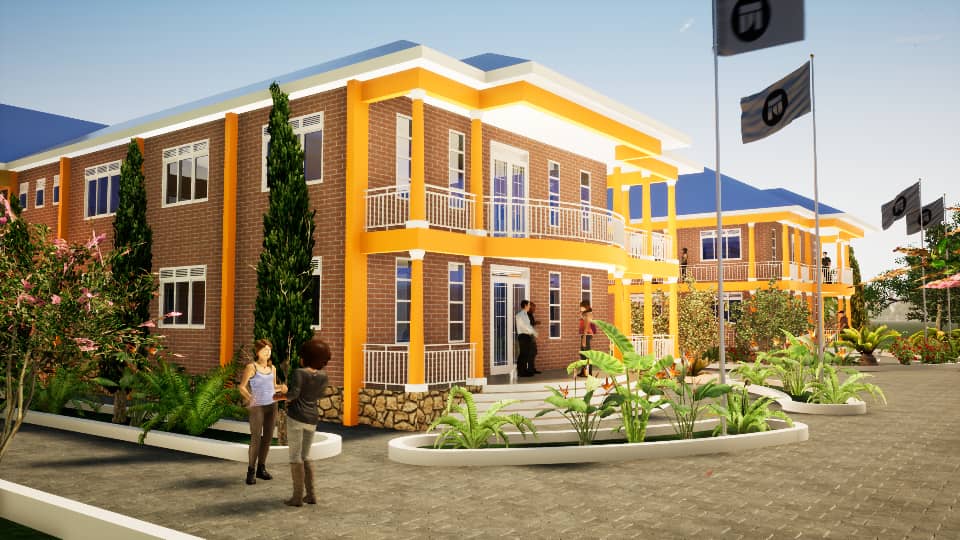
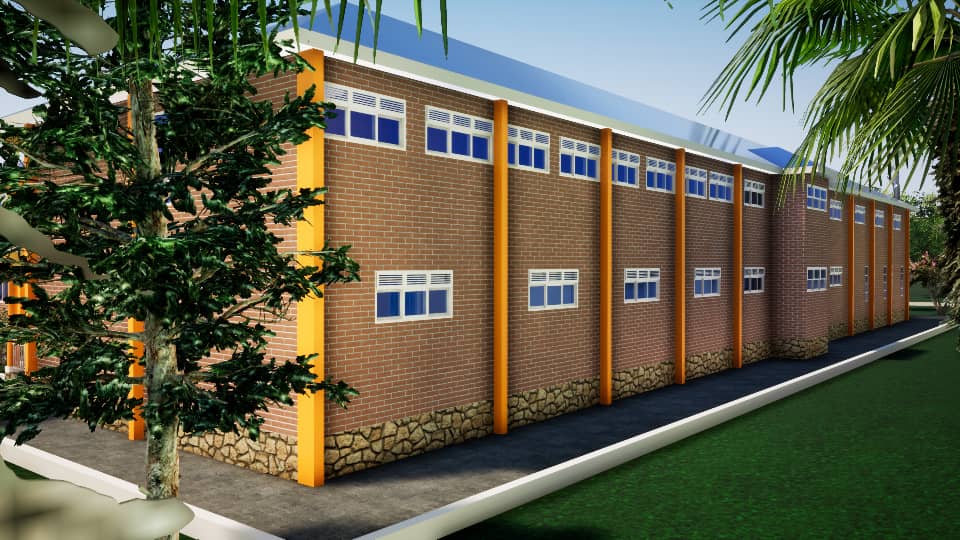
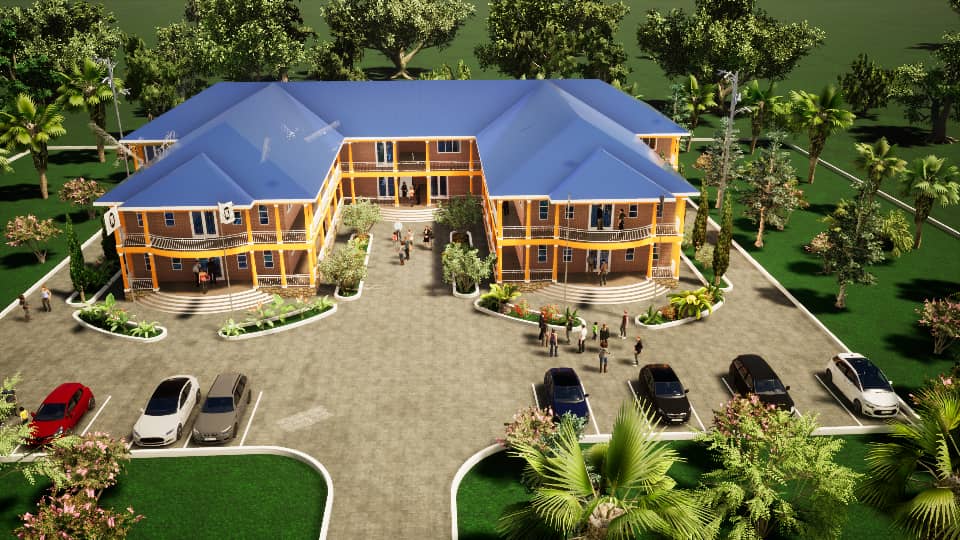
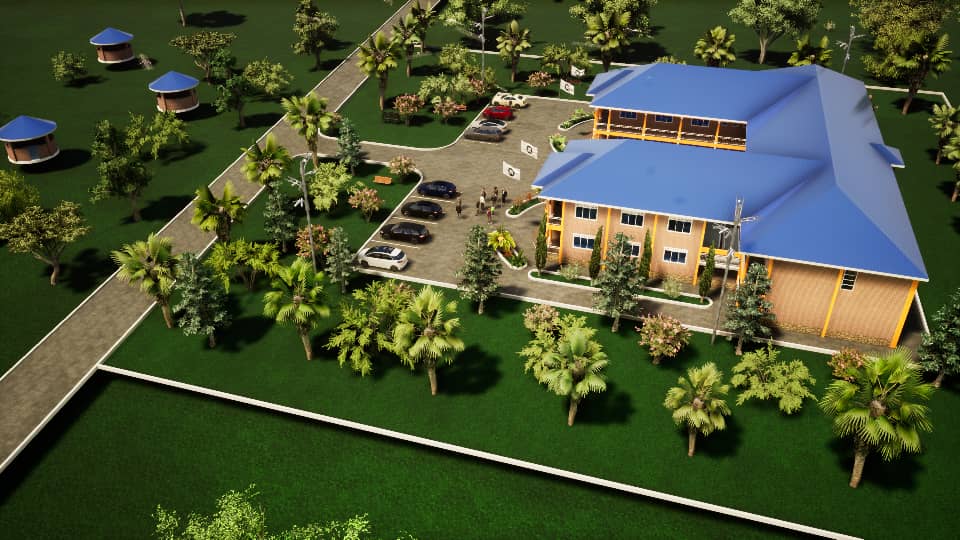
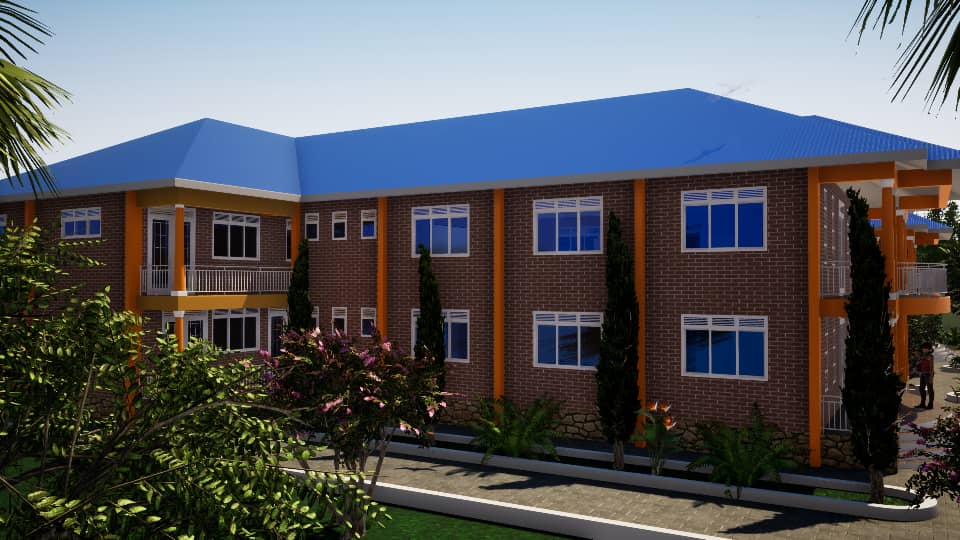
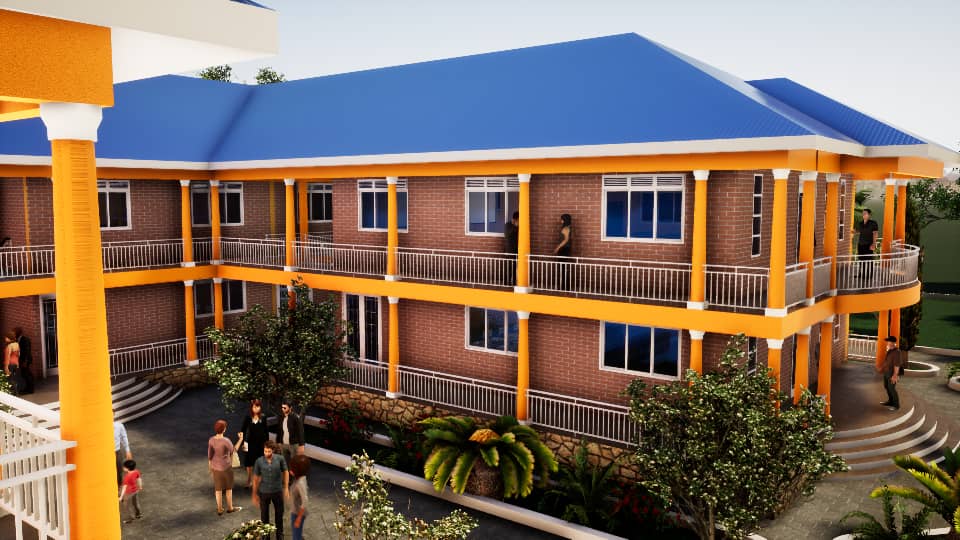
To finish what we started we need to raise $ 550.000
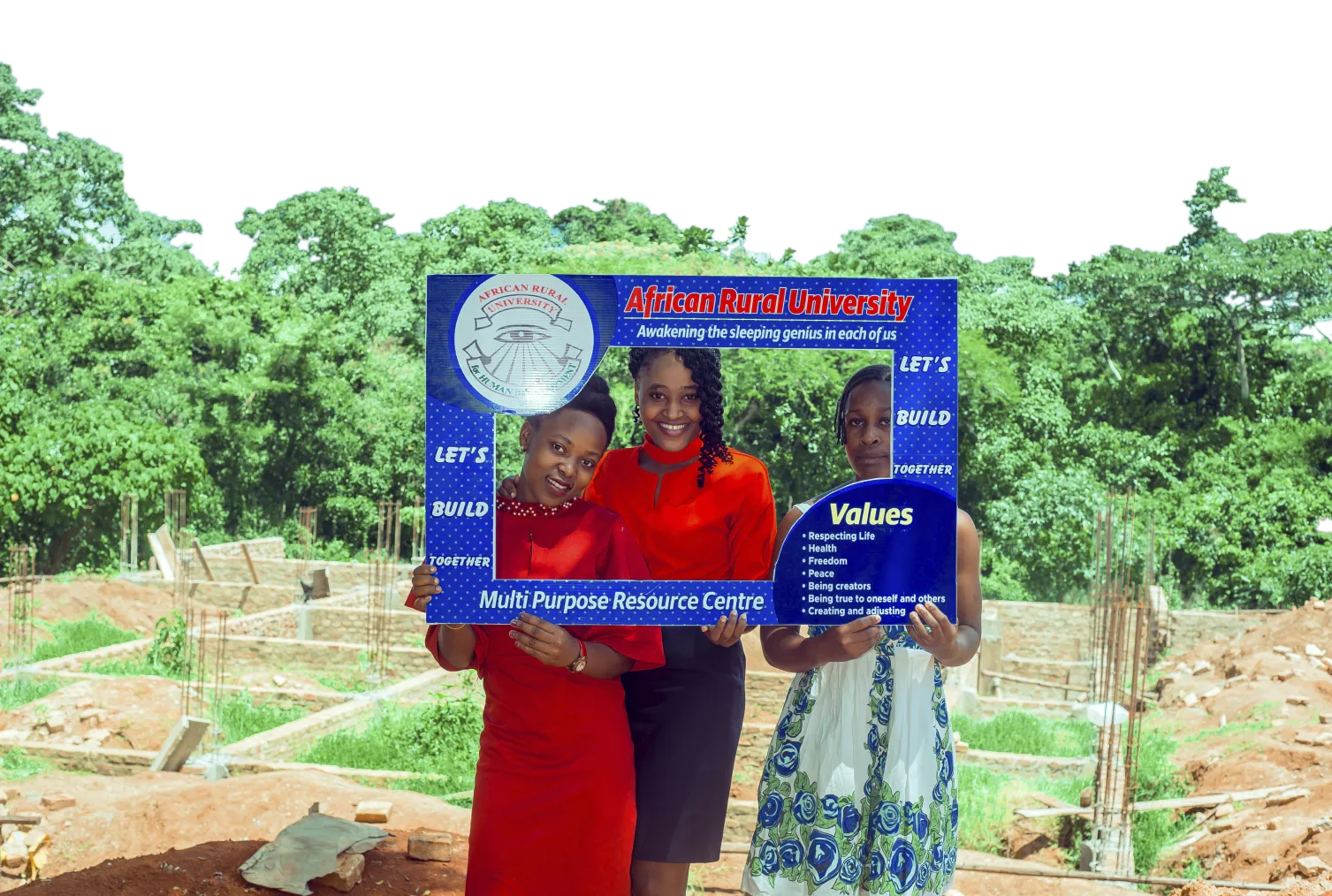
WHAT IT MEANS IF YOU DONATE
By donating you can contribute building blocks to our resource centre.
Moreover, you can be part of a movement. That makes room for young Ugandan women to take the lead in the development of their own country.
Through partnership and co-creation we will cultivate true transformation of the African continent.

